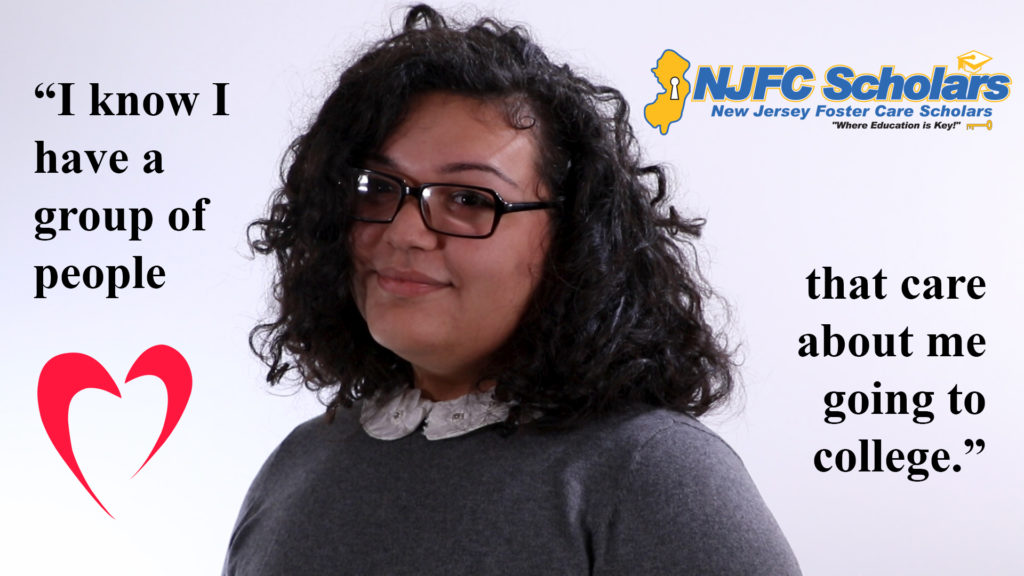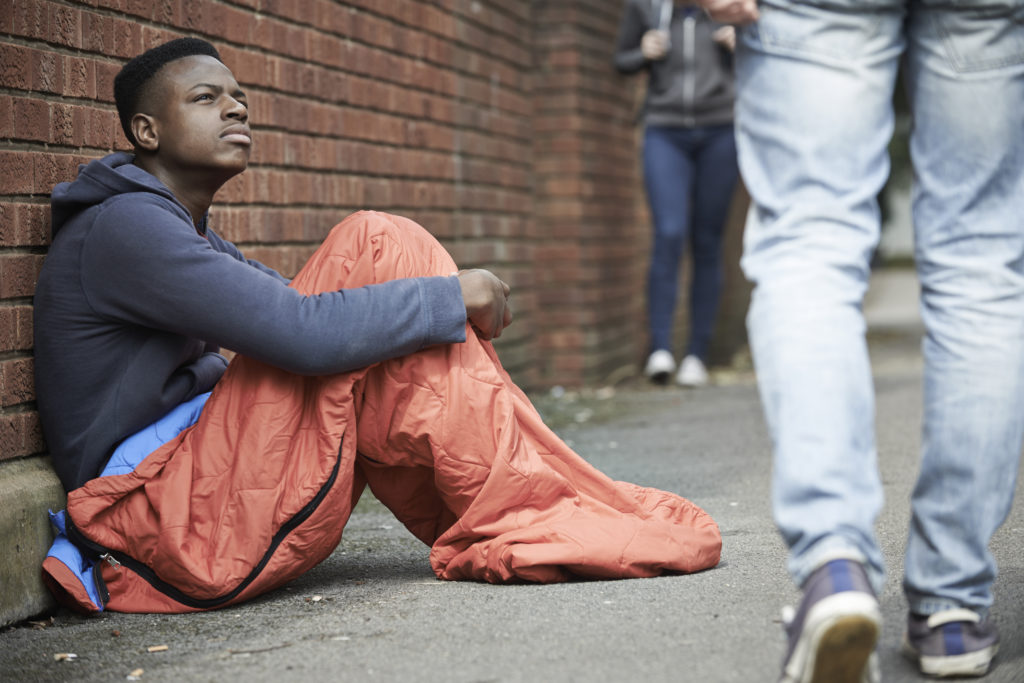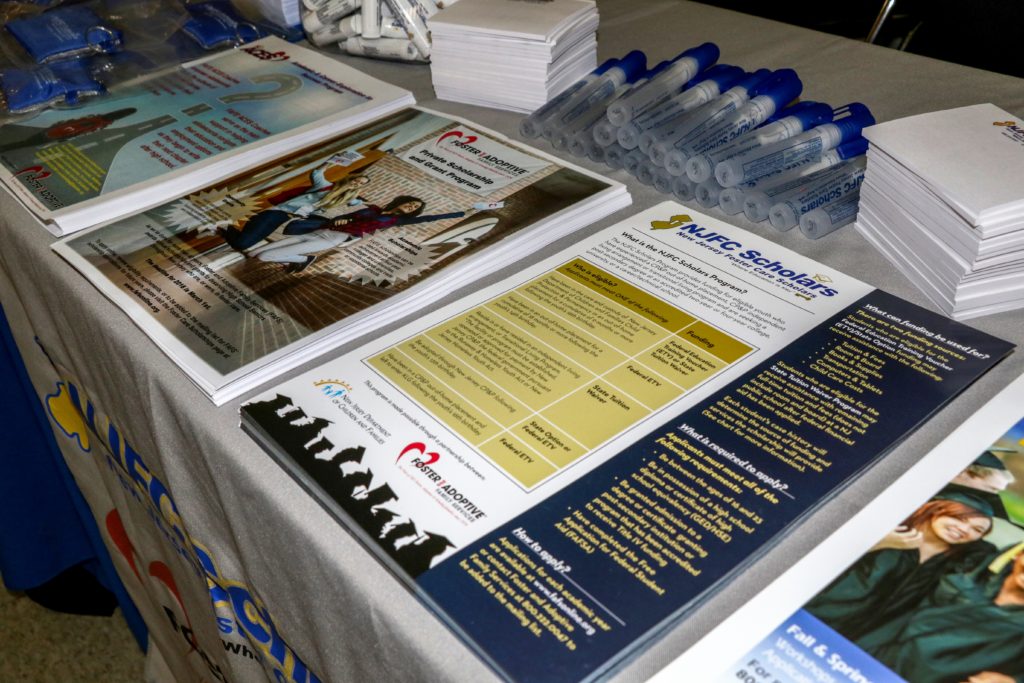Tag Archives: college and foster kids
NJFC Scholar Spotlight: Sophia Orama
Whether it’s something trivial like tying a shoe or something major like choosing a college, most children have their parents to turn to whenever they need help. However, for kids in foster care, that parental support is often not there. In the case of Sophia Orama, a New Jersey Foster Care (NJFC) Scholar, she had to be the one providing support.

With an alcoholic mother and an absentee father, Orama was forced to become the caretaker of the household. “I stayed with her [my mother] for many years because I was the one that was taking care of her,” Orama said. “It wasn’t until the time that I was 16 and I was a junior in high school and I was like, ‘I got to start thinking about myself,’ because college was coming up.”
Continue reading
Foster Care Costs: What Happens When Children Aren’t Adopted?
For teens across the country, their eighteenth birthday is a major milestone – as these children reach the age of majority, they find that suddenly they can call themselves adults. As discussed in the previous article, “Help Needed For Youth Aging Out Of Foster Care In America,” for 23,000 US teens aging out of foster care each year, crossing the threshold into adulthood often comes with challenges and responsibilities. These adults-by-law are still vulnerable youth who have a lot of learning to do, but without the support structures that other youth outside of the child welfare system have, it can become easy for them to lose their way.

Increasingly, states are moving to raise the age limit for children in foster care in order to help them maintain the systems of support they need to succeed after they turn eighteen. As child welfare systems across the country continually update their ideas and infrastructure to provide positive outcomes, there is a debate over how money should be invested. How much, exactly, does it affect foster care costs when a child is not adopted?
Continue reading
Without a Home: Former Foster Youth Struggle With Homelessness in College
According to the LA Times, Los Angeles community colleges, roughly 44,000 students are struggling with homelessness. Housing costs for students are a problem across the nation, but for foster youth the crisis can be made worse if they are not adopted or their foster families are not supportive.

Reporting on the issue, the LA Times spoke with former foster youth Myriah Smiley, 19, who had her food stamp supply cut off when she received a welfare check. Forced to resort to couch surfing as she studies and dreams of opening her own bakery, Smiley said she’s often forced to go hungry: “I cry at night and hope for better days.” Smiley’s story is not an unusual one; according to a University of Wisconsin Hope lab study, 29% of former foster youth attending community college nationally are homeless.
Continue reading
New Jersey Foster Care Scholar Success Story: Jacob Tucci
When teenagers think of turning 17, many probably think about getting their license, their first car and who they are taking to prom.
When Jacob Tucci looks back at being 17, he’s reminded of the year he entered the foster care system.

“It’s hard to think that I entered the foster care system so late,” Jacob says, “because there are other kids that enter the foster care system at such a young age, but I don’t think there’s a right time to have that happen.”
Continue reading
The Rising Cost of College for Foster Kids
The ever-escalating cost of college tuition has hit every college eligible student in the country. What was once an affordable opportunity and education has now become an almost extravagant luxury. However, no one has been hit harder than those who already have had to overcome innumerable obstacles: foster youth.

College tuition has steadily increased across the country every year at a rate way outpacing inflation since 1978. The rising expenses of education have put families in a financial chokehold, causing many students to mortgage their futures by taking on large amounts of debt in the form of student loans.
This trend has especially hurt youth from foster, adoptive and kinship backgrounds. While it’s commonly believed that, because of their past, these youths will be eligible for a nearly full-ride to college, that expectation is wrong, according to Foster and Adoptive Family Services’ Director of Scholarship Programs Millicent Barry.
“No one should expect a free ride,” Barry said. Continue reading

